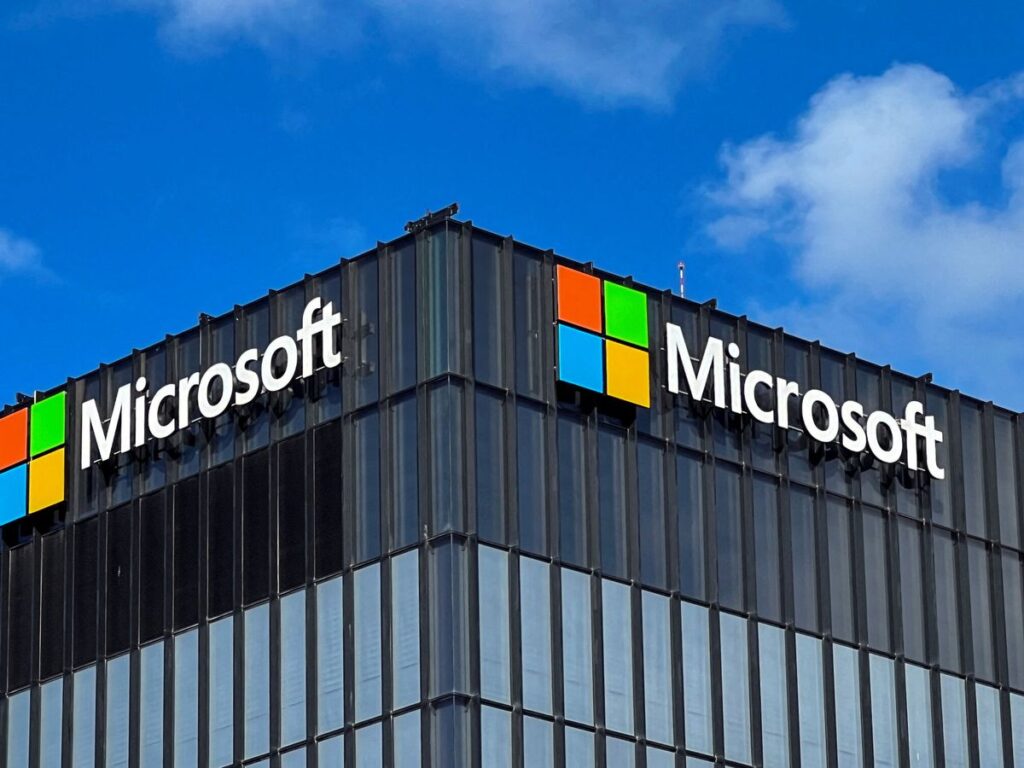Microsoft says Africa’s youths will comprise a significant portion of the potential global workforce by the turn of the century.
Chief Technology and Solutions Officer at Microsoft Africa, Ravi Bhat, said this in a webinar on Tuesday.
The webinar was on “AI and the Future of Work in Africa whitepaper,” produced by Microsoft and industry experts from across the continent.
According to Bhat, one billion people in Africa are currently under the age of 35, with the continent projected to host almost half of the world’s youth population.
He highlighted Africa’s unique opportunity to shape the future of work in these formative years, saying large language models (LLMs) evolved and the application environment continued to develop.
The expert said that up to 12 million young Africans enter the job market annually.
He, however, said that more than 20 percent were neither employed, in education, nor trained according to the International LabourOrganisation.
“We envision generative AI playing a pivotal role in transforming work environments and creating opportunities for youth to innovate, drive economic growth, and foster job creation,” Bhat stated.
He emphasised the potential of generative AI (GenAI) to reshape knowledge worker jobs, alter job types, required skills, and output.
“McKinsey research suggests that GenAI could boost annual labour productivity growth by up to 0.6 percent through 2040, contingent upon technology adoption rates and the reallocation of worker time to other tasks,” he added.
The technology and solutions officer, therefore, cautioned that technology alone would not address the challenges facing Africa’s youthful population.
He underscored the importance of developing policies and practices to ensure responsible deployment of GenAI and AI in general, with a focus on valuing AI-related labour and ensuring dignified employment.
Director of Microsoft Research Africa, Jacki O’Neill, spoke on the transformative potential of generative AI in enhancing human capabilities across various sectors.
“As access to GenAI tools expands across Africa through internet-enabled devices and more affordable data, barriers to access are diminishing, presenting increased opportunities for skills development,” O’Neill said.
The director stressed the need to equip youth with the necessary skills to thrive in an AI-disrupted labour market.
This, he noted, included deployment of GenAI tools, development of innovative applications, and proficiency in areas like machine learning, natural language processing and cybersecurity.
“Investing in these skills equips Africans to create dignified jobs, integrate AI sensitively with indigenous knowledge, forge new value chains, and develop AI systems that reflect human-centered and community values.
“The whitepaper underscores the importance of proactive governance, inclusive design, education investment, and commitment to regulatory and ethical standards for ensuring positive outcomes with GenAI.
“This is a collective responsibility involving policymakers, technologists, and citizens alike,” O’Neill emphasised.
He highlighted that the AI revolution in Africa was not merely a possibility but already underway, with Microsoft committed to collaborating with individuals, governments, partners, and stakeholders across the continent.
Microsoft, as a technology company, creates AI-powered platforms and tools to deliver innovative solutions meeting the evolving needs of customers.

